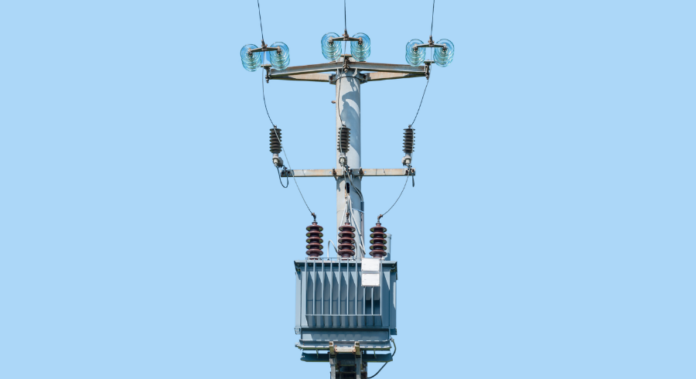Prime Minister Shehbaz Sharif has approved the revised Integrated Generation Capacity Expansion Plan (IGCEP) 2024–34, a strategic 10-year roadmap for Pakistan’s power sector aimed at ensuring affordable and reliable electricity.
The newly approved plan is expected to result in savings of $17 billion by rescheduling or canceling 7,967 MW of planned projects. These revisions are part of efforts to reduce the national economic burden, with projected savings of around Rs 474.3 billion, or approximately $10 billion, from adjusting project timelines.
An additional $7 billion (Rs 1,953 billion) is expected to be saved by scrapping the 7,967 MW of proposed projects.
The revised strategy is expected to bring down electricity tariffs, potentially saving over Rs 2 per unit. For the first time, officials emphasized, electricity projects were chosen based on merit and transparency, removing costly and unnecessary projects that were previously included in the plan.
The prime minister directed the Power Division to continue its efforts to reduce electricity prices, eliminate circular debt, and curb line losses and theft. These directives were issued as
The prime minister also emphasized the importance of promoting renewable energy to protect the environment and reduce Pakistan’s dependence on imported fossil fuels. He stated that structural reforms in the power sector would continue, with the aim of reducing electricity costs, eliminating circular debt, controlling line losses, and eradicating corruption within Distribution Companies (Discos).
The original IGCEP included 14,984 MW of new projects, but after revisions, the new plan includes only 7,017 MW of projects, prioritising hydropower projects like Dasu and Mohmand Dams, and focusing on renewable energy sources such as solar, wind, and nuclear power.
The shift towards indigenous resources will reduce Pakistan’s reliance on imported fuels like coal and natural gas, helping save billions of dollars in foreign exchange annually.
The Ministry of Water Resources has been tasked with ensuring that strategic hydropower projects are completed on time and within budget. Regular progress reports will be submitted to the Prime Minister to monitor the status of these projects. Additionally, a high-level committee has been formed to address issues related to the petroleum sector, including the synchronization of LNG demand with the power sector’s needs, and measures to address gas sector challenges such as circular debt and tariff reforms.
A separate feasibility study on imported coal-fired power projects has been assigned to the Power Division, with a three-month deadline for completion. The study is expected to contribute to further efforts to optimize the power sector and address energy challenges in the coming years.























